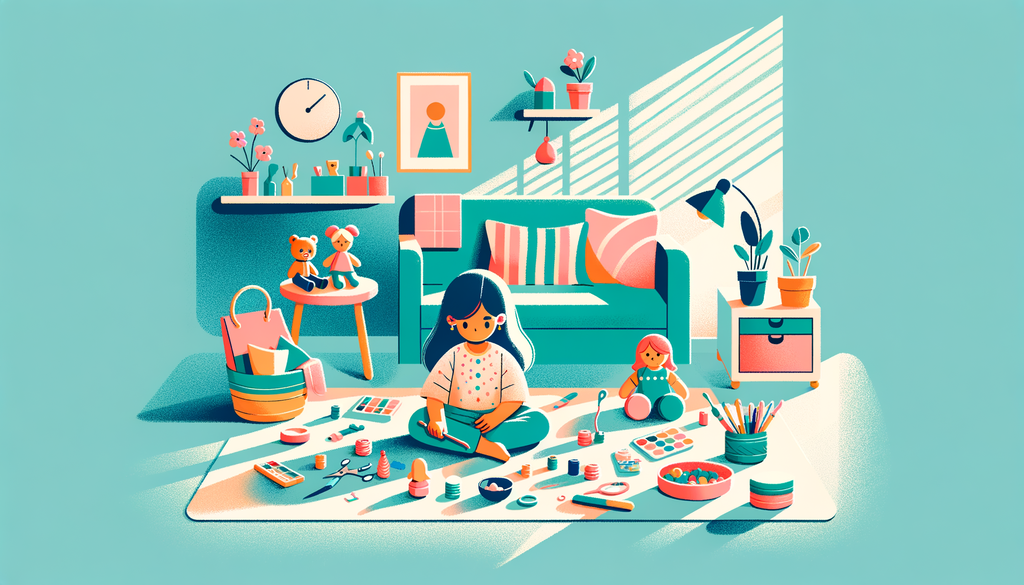The Role of Play Therapy in Child Development

As parents and caregivers, it is integral to nurture your child’s growth in every element of being. Among children with special needs or those identified as gifted, cultivating emotional and psychological well-being becomes an increasingly nuanced task. At this intersection of tending to your child’s holistic development, play therapy emerges as an instrumental tool. This article sheds light on how play therapy aids in your child’s emotional and psychological development and how you can incorporate it into your daily routine.
What is Play Therapy?
Children, especially those with special needs or gifted, often struggle with expressing their thoughts, emotions, and experiences directly. Play therapy provides children an alternative communication medium to explore and express their feelings and experiences through play, the language most comfortable and familiar to them. It is a structured, theoretically-based approach that allows trained therapists to address complex emotional and psychological challenges in a non-threatening way.
The Impact of Play Therapy
Play therapy facilitates myriad benefits for children’s emotional well-being. Through play, children can express their emotions, manage anxiety, improve social skills, cope with stress, trauma, and develop problem-solving abilities. Remember that play isn’t just about fun—it’s about expressing and understanding emotions, making sense of experiences, and developing skills. In the case of twice-exceptional children, play therapy can prove particularly beneficial in understanding their unique world view and addressing their specific binary needs.
Integrating Play Therapy in Everyday Life
While play therapy is often conducted by professional therapists, parents and caregivers can incorporate elements of it into daily routines.
-
Toys as Tools: Use a variety of toys that allow for expressive and imaginative play. Dolls, miniatures, art materials, and board games can be excellent tools that allow your child to project emotions hidden beneath their conscious understanding.
-
Your Presence Matters: Participating in play with your child validates their feelings and experiences. But remember not to direct the play. Instead, be an observer and an ally. Comment on their actions rather than questioning them. For instance, saying, “I see you’re building a very tall tower” rather than asking, “Why are you building it so tall?”
-
Validate their Emotions: When your child expresses strong emotions through play, acknowledge their feelings. Validation helps them feel understood and accepted. For children on the autism spectrum, this practice can encourage emotional articulation.
Seeking Professional Support
While introducing elements of play therapy at home can help, consulting professionals in complex cases is vital. They use well-defined techniques like Creative Arts therapy, Sand Tray therapy, or Theraplay to address specific challenges. Whether it’s about addressing anxiety in gifted children or communication skills in non-verbal learners through visual tools, a professional will be able to tailor a play therapy approach to your child’s needs best.
The journey of parenthood, although challenging, is filled with milestones of joy and progress for your child. With patience, understanding, and the right tools at our disposal, we can all become the pillars of support that our children need us to be. We welcome you on this path of exploration and learning with your child and hope you found this exposure to play therapy enlightening and useful.
To learn more about supporting your child’s unique journey, offering the right learning projects or about self-care tips for caregivers, check out our other posts.